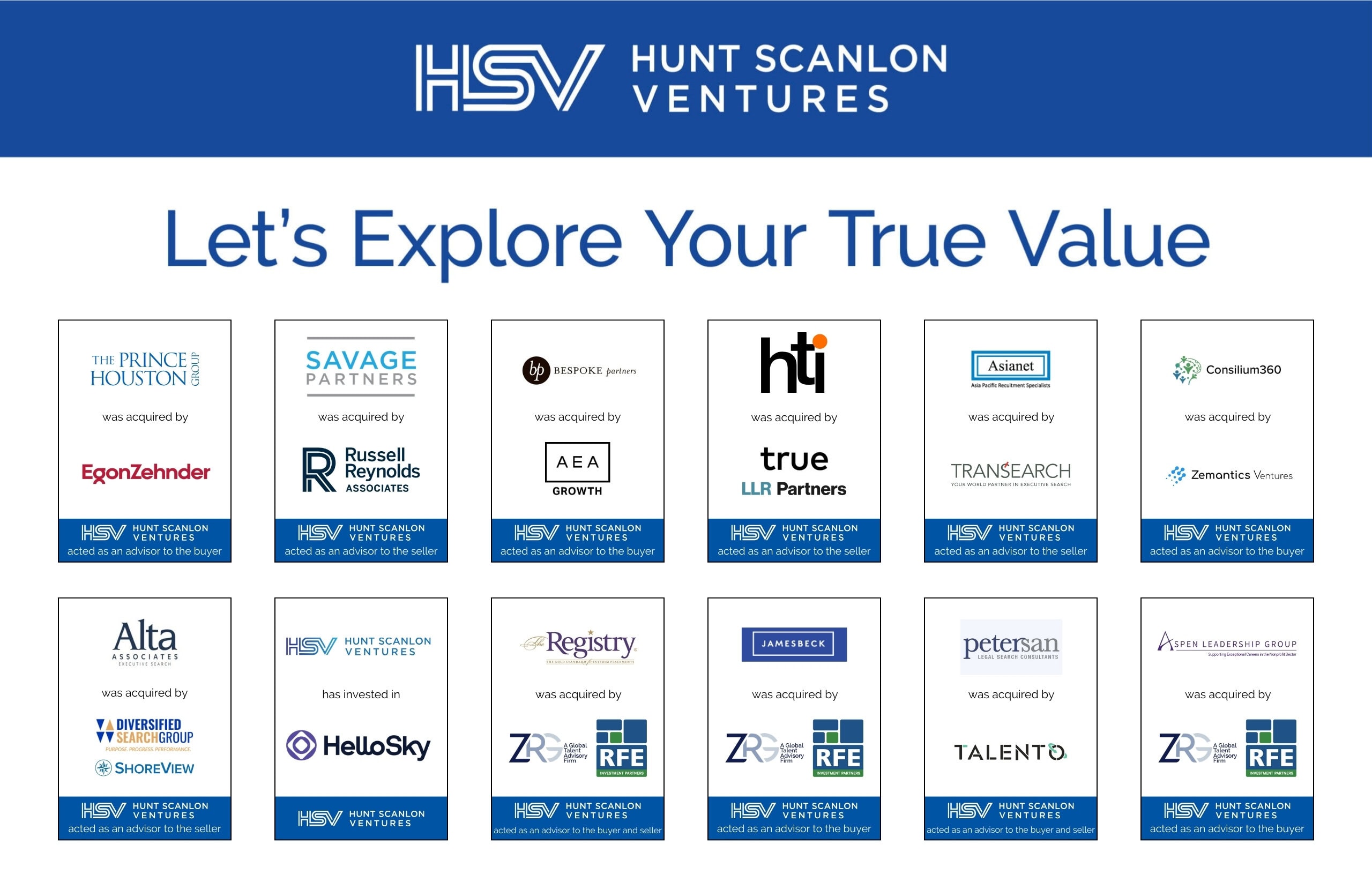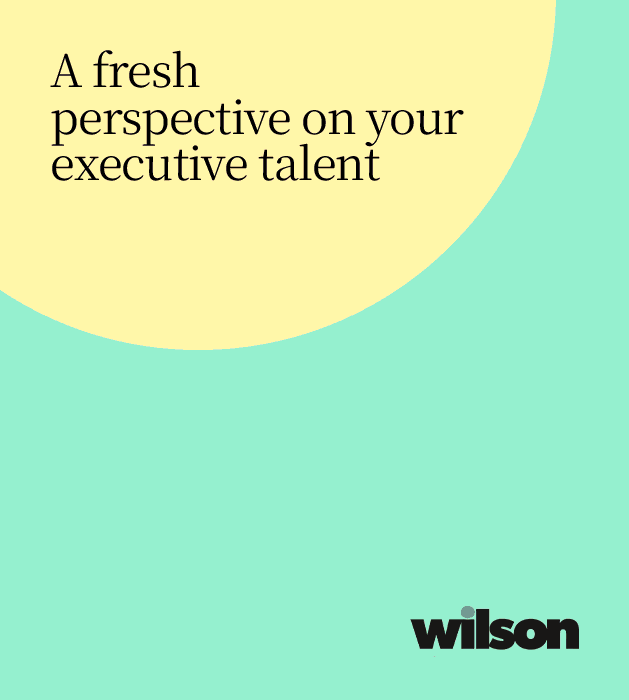Large-cap M&A deals may be fewer in number, but their impact is reshaping industries and redefining leadership needs. A new analysis from S&P Global Market Intelligence shows that August brought two $10 billion-plus transactions, continuing a third quarter trend where strategic, scale-driven deals are driving value. Leo Cummings, an associate at Hunt Scanlon Ventures, examines what this wave of activity means for leadership, talent, and human capital strategy.
According to S&P Global, third-quarter deal value for $10 billion-plus transactions has already reached $171.81 billion, nearly matching the $179.74 billion posted in the second quarter — even with fewer transactions.
The headline is clear: overall volume may be cooling, but the deals that do close are bigger, bolder, and designed to reshape industries.
This reflects a broader pattern across the M&A market. Boards and investors are moving away from incremental bolt-ons and focusing instead on transformative transactions that create scale, sharpen strategic focus, or provide a technological edge.
In August, that meant two major moves: Keurig Dr Pepper’s $22.96 billion acquisition of JDE Peet’s and Thoma Bravo’s $12.72 billion buyout of Dayforce.
Talent a Major M&A Success Factor
While the industries could not be more different — coffee and beverages on one side, cloud-based HR technology on the other — both deals highlight a shift in how leadership and talent factor into M&A success. Each transaction creates new leadership structures, cultural demands, and expectations for executives tasked with delivering value.
Keurig Dr Pepper’s purchase of JDE Peet’s, one of the largest consumer transactions of the year, comes with a bold restructuring plan. The company intends to split into two U.S.-listed entities: Global Coffee Co., a coffee-focused business, and Beverage Co., a non-coffee portfolio.
Talent Implications
This means doubling the leadership challenge. Two new public companies will need CEOs, boards, and senior teams able to execute independent strategies. The leadership bench that worked for a combined conglomerate won’t seamlessly translate to two distinct entities.
“Mega-deals that split companies create entirely new leadership ecosystems.”
“Mega-deals that split companies create entirely new leadership ecosystems. It’s not just about who becomes CEO — it’s about succession planning, board alignment, and building two strong cultures simultaneously. That’s where executive search firms and talent advisors step in,” said Leo Cummings, an associate at Hunt Scanlon Ventures.
Search firms will face demand for executives who can scale a coffee-first global platform on one side while managing a legacy beverage business on the other. These leaders must blend operational expertise with cultural credibility, winning trust from employees, customers, and investors.
Tech and Human Capital in Focus
The $12.72 billion buyout of Dayforce by Thoma Bravo, supported by ADIA, shows how human capital management technology has become central to private equity’s strategy.
Dayforce integrates HR functions — hiring, payroll, workforce management — into a single cloud platform. By taking the company private, investors are signaling that workforce solutions are no longer administrative tools but strategic growth engines.
Talent Implications
PE sponsors will need leaders who can balance cost discipline with innovation — scaling globally while investing in product development. Clients will expect workforce platforms that don’t just manage data but deliver insights that shape hiring and retention strategies.
“Private equity isn’t just buying software; they’re buying into the future of work. The executives they choose to lead companies like Dayforce will influence how millions of employees experience hiring, payroll, and workforce management every day,” said Mr. Cummings.
“Private equity isn’t just buying software; they’re buying into the future of work.”
The leadership profiles in demand will include CEOs with SaaS scaling experience, CFOs adept at marrying growth with financial rigor, and CHROs capable of aligning technology with workforce transformation. Search firms will be challenged to identify leaders who can operate at this cross-section of HR, tech, and finance.
The Talent Ecosystem Is Shifting
These August mega-deals — one reshaping consumer beverages, the other transforming human capital technology — illustrate the broader direction of today’s M&A market. Companies are consolidating around focus and scale, while investors are targeting platforms that can redefine industries.
For leadership and talent, the stakes are higher than ever. Executives must bridge strategy and execution, protect culture under disruption, and deliver performance at speed.
“Mega-deals aren’t just financial transactions. They reset the leadership agenda — creating new roles, new pressures, and new expectations for executives across the organization,” said Mr. Cummings.
Article By

Leo Cummings
Leo Cummings is Editor of ExitUp, the investment blog from Hunt Scanlon Ventures designed for professionals across the human capital M&A sector. Leo serves as an Associate for Hunt Scanlon Ventures, providing robust industry research to support the firm’s investment group.






